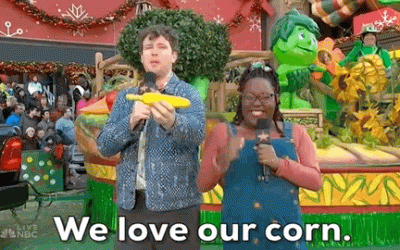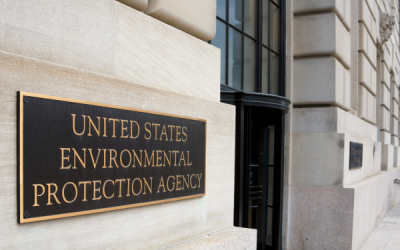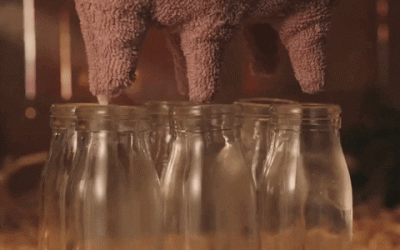A DOL rule is DOA (dead on arrival) in some states.
Order in the court: Earlier this week, a federal judge said, “NEXT”—Judge Judy style—to the enforcement of a Department of Labor (DOL) rule that would have allowed farmworkers to unionize in 17 states.
Rule gets 86’d: U.S. district judge Lisa Godbey Wood said the rule, issued in April, was unconstitutional because it conflicted with the National Labor Relations Act (NRLA). Agricultural workers are excluded from the NLRA’s definition of an employee, and the law restricts ag workers from organizing against “unfair labor practices.” The rule by DOL would grant collective bargaining rights to farmworkers, which would have included H-2A workers (foreign nationals who come to the U.S. to work in the ag labor sector).
States in the lawsuit said the rule would give rights to H-2A visa holders that American citizens don’t even receive.
The DOL’s hearts were in the right place: DOL says the rule was to increase protections for those farmworkers—including preventing retaliation by employers against workers who self-organized or had concerns about wages or working conditions.
Getting through the H-2A maze: Ultimately, this protects farmers who utilize H-2A workers from additional financial and administrative burdens associated with the blocked provisions. We said “additional” since there are still twists and turns involved in the H-2A process for agricultural employers.
State-specific sidestep: This isn’t a nationwide injunction. It just applies to the 17 states and specific farms in the lawsuit. The states: Arkansas, Florida, Georgia, Kansas, Idaho, Indiana, Iowa, Louisiana, Missouri, Montana, Nebraska, North Dakota, Oklahoma, South Carolina, Tennessee, Texas, and Virginia.
Short Corn Packs a Punch
Dynamite comes in small packages—which can be true with new seed technology. What’s...
Congress to EPA: What’s Your BEEF with Meat Packers?
The Environmental Protection Agency (EPA) is considering new regulations that take aim at meat and poultry processors.
And some members of Congress have a BEEF with the EPA’s proposals.
The proposed rules: In late January, the EPA released the details of its proposed “Clean Water Effluent Limitations Guidelines and Standards for the Meat and Poultry Products Point source category.”
Huh?
Basically, the EPA formally published its proposals to combat wastewater contaminants that come from slaughterhouses.
Okay… that makes more sense.
At the heart of the rules proposal is a concern from environmental groups about nitrogen and phosphorus pollutants that originate from slaughterhouses. In some cases, the wastewater goes directly into waterways. In other cases, the water goes to municipal wastewater treatment facilities.
But not everyone is on board with the EPA’s suggestions…
Congress responds: Last week, two U.S. representatives—Eric Burlison (MO) and Ron Estes (KS)—pushed back against the EPA and introduced the “Banning EPA’s Encroachment of Facilities (BEEF) Act.” If passed and signed by President Biden, the law would prohibit the EPA from finalizing, implementing, or enforcing the rule.
According to the lawmakers, the proposed rules place undue burden on small processors—costs that can be absorbed by larger companies.
Soundbite: “The… proposed regulation isn’t just an attack on family-run small businesses, it’s an attack on rural communities,” said Burlison. “These meat and poultry processors are the lifeblood of our communities. The BEEF Act… lets these hardworking Americans do what they do best, produce safe, affordable food for our families.”
University of Illinois Makes Big Mooves in Milk Production
Pump it up: Scientists led by Matt Wheeler at the University of Illinois Urbana-Champaign are...




